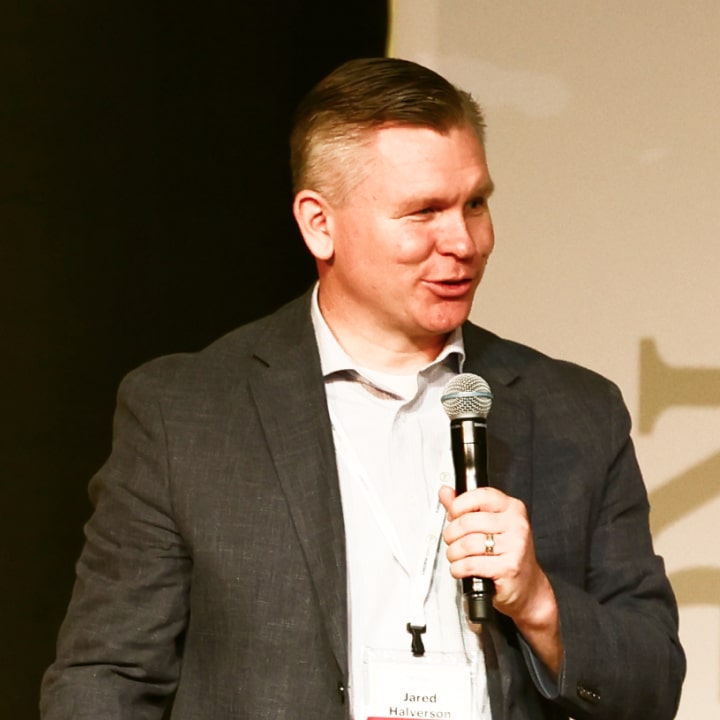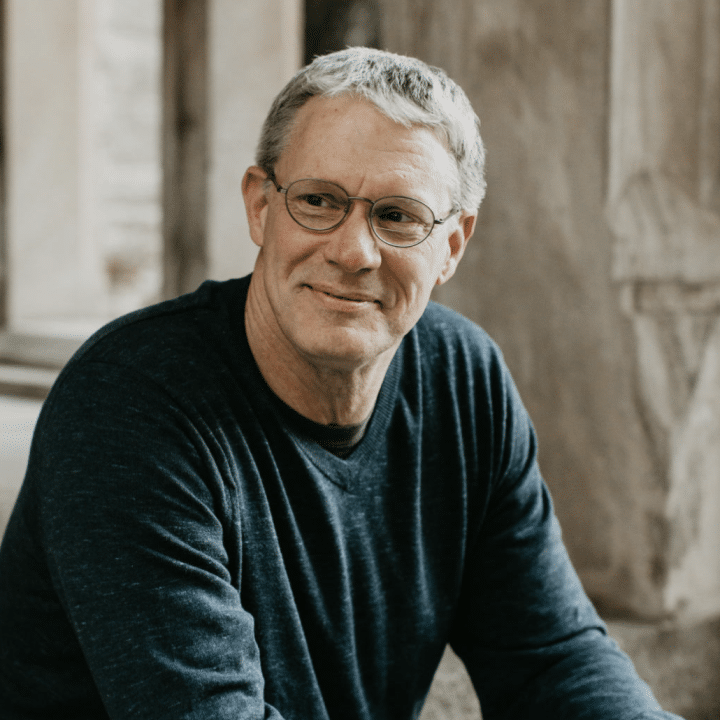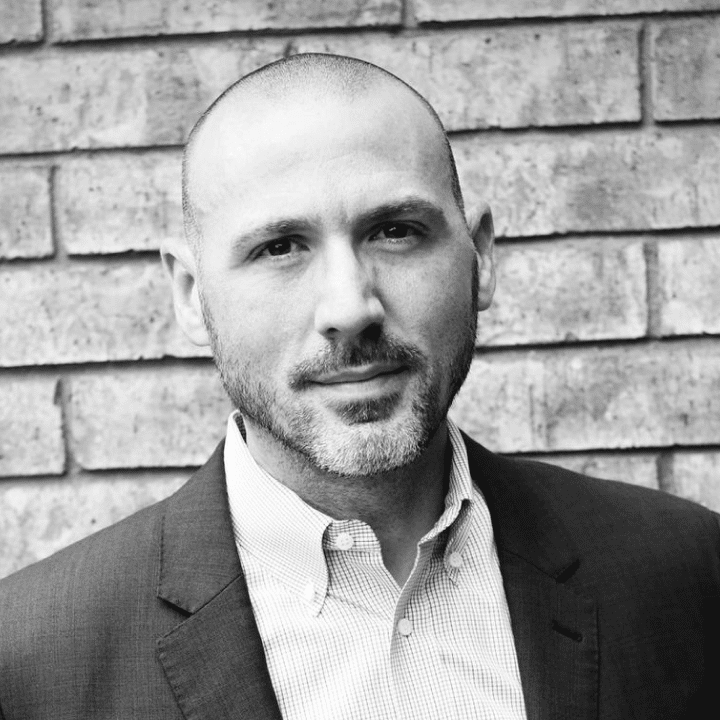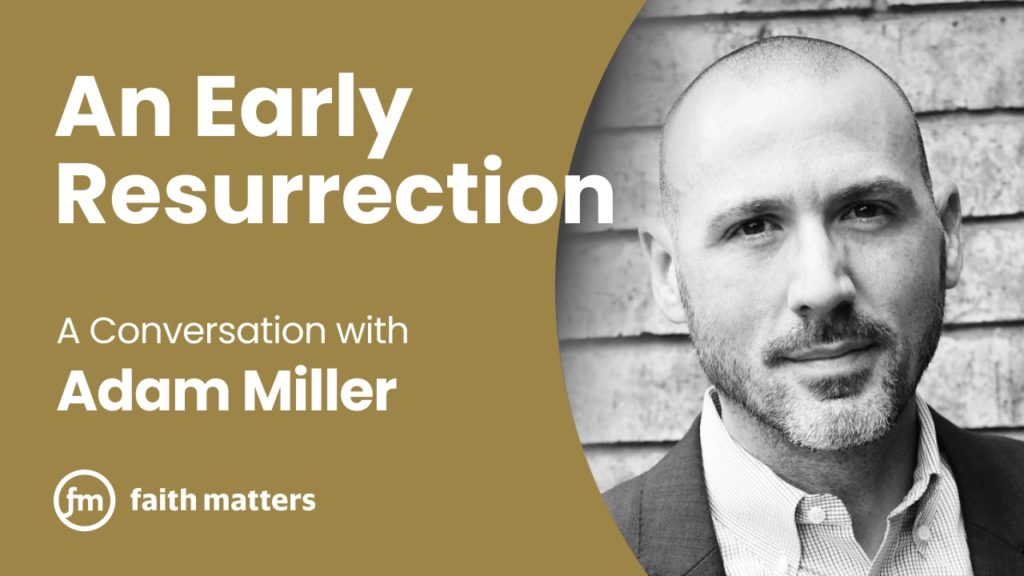In this thoughtful conversation, Director of the BYU Maxwell Institute Spencer Fluhman sits down with Patrick Mason, Howard W. Hunter Chair in Mormon Studies at and Dean of the School of Arts and Humanities and Claremont Graduate University for a conversation about faith, doubt, why those who leave do so, and how faithful members can approach the questions surrounding faith transitions.
For more on this topic, visit our Big Question page of resources addressing the question, “Why do some people choose to leave the Church?”
Selected quotes:
“One of our great strengths as Latter-day Saints is a sense of spiritual certitude. . . . When people get to the place where they feel like they can’t say, ‘I know,’ then that creates challenges for them.”
“I think there’s a real importance for us to recognize the authenticity and reality of this experience [of those who question or leave the Church]. This comes back to our own baptismal covenant that we all make, Mosiah 18: ‘To mourn with those who mourn, and comfort those who stand in need of comfort.’ We don’t get to choose which people we mourn with, or who we comfort—or only to comfort people we agree with.”
“That has to be our first response: believing that someone is coming from a place of integrity, and loss, and pain, and so forth, and so then we accompany them in this journey.”
“There’s a temptation on both sides of this to reduce people to their faith crisis. . . . That’s how we define people, as purely in relationship to this ‘dip’ in their faith life.
And sometimes that happens for the person going through it themselves, as well; that becomes the way that they define themselves, and sometimes they alienate themselves from their family, and from their former relationships, their friendships with the people that they had in the Church. Now, I understand some of that dynamic, in terms of wanting to step away and kind of clear your head and create some space. But to step away from your family, from your spouse, because you’ve defined yourself in that way? I’m not sure that’s the healthiest way.
Is there a way that we can recognize the wholeness of a human person, and not just limit them to whatever challenges they’re having, whatever doubts they’re having in their spiritual life?”



